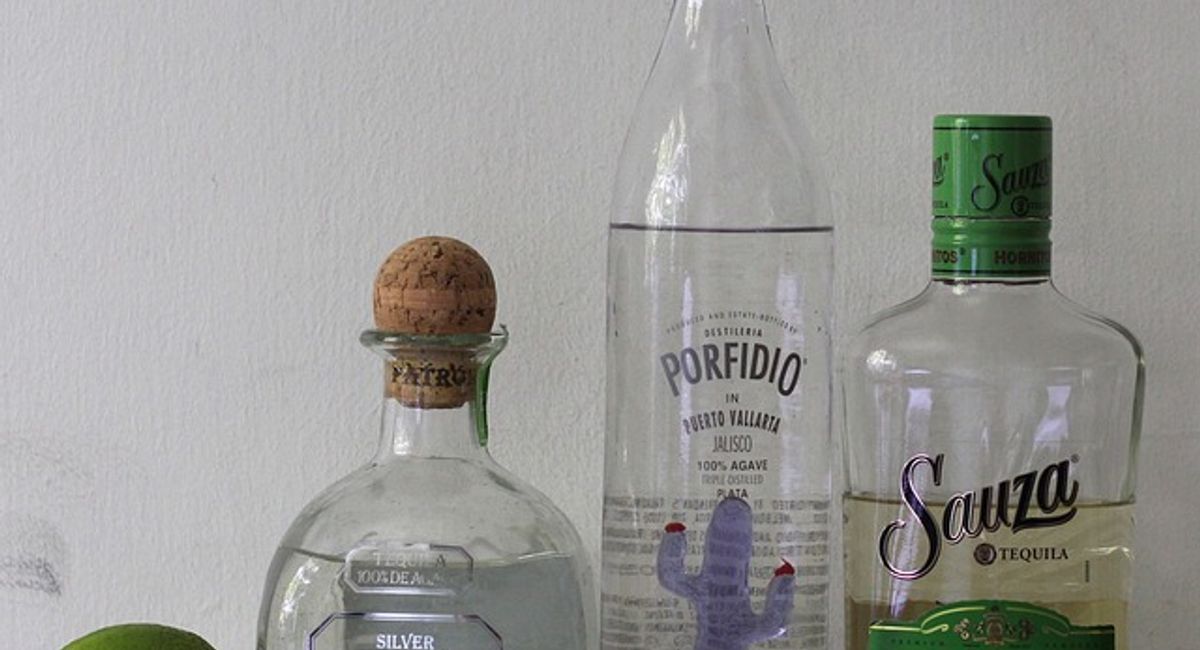July 24th
National Tequila Day

Tequila is a type of alcoholic beverage that is made from the blue agave plant, primarily grown in the area surrounding the city of Tequila, about 40 miles northwest of Guadalajara, Mexico. Tequila is produced by fermenting and distilling the juice from the core of the agave plant, known as the "piña." There are two main types of tequila: Blanco (white) tequila, which is unaged and has a clear color, and Añejo (aged) tequila, which is aged for a minimum of one year in oak barrels and has a golden or amber color. Tequila is typically enjoyed in a variety of ways, including straight, in cocktails such as margaritas, and as a key ingredient in cooking and marinades. The taste of tequila can range from sweet and fruity to earthy and smoky, depending on the type of tequila and how it is produced. Tequila has a long and rich cultural history in Mexico, and it has become a popular beverage around the world. Drinking tequila is often associated with celebration and good times, and it is a staple of many parties and social gatherings. It is important to enjoy tequila responsibly and in moderation, as it is a strong alcoholic beverage with a high alcohol content.